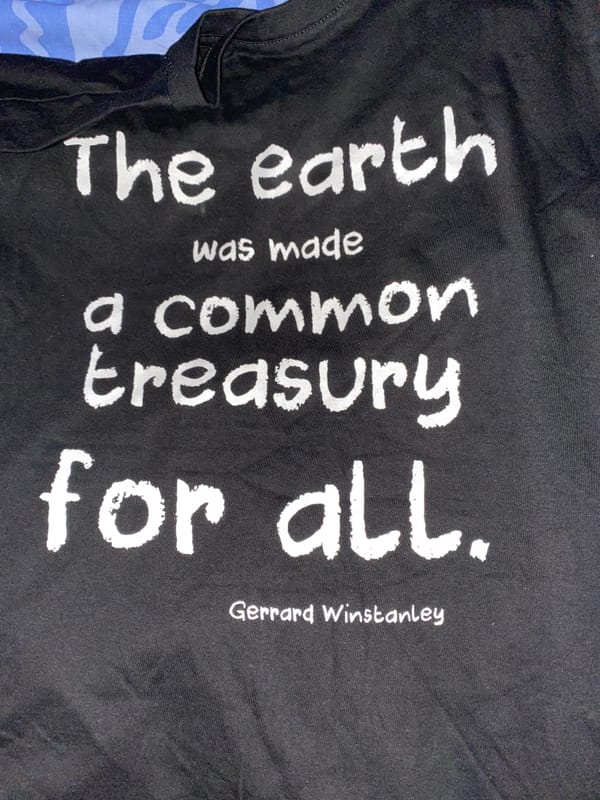Neoliberalism was always bullshit
Stealing the commons for fun and profit
Neoliberalism is one of those words that can mean many things. As an ideology it came into fashion in the 1980s, under Thatcher and Regan. It has a whole coherent justification based on a view of economics that puts markets before everything else because they’re somehow better than regulation and state control. It hates government, loves markets, and thinks everything should be done by private capital because somehow business is more efficient. The big idea was that small government would somehow liberate us all and make the world a better place, free from the moribund influence of social democratic governments and democratic control.
Now everyone is saying that neoliberalism is over. It’s very obvious that the ideas don’t work and has been for over thirty years. The first place to be force fed its approach was poor Chile after the coup in 1973. After the mass murder of trade unionists and others who might have organised resistance to the proposals the economy ended up being a mess. In fact Pinochet had to reverse some of the changes because it was fast turning to ruin. The ideas proved to be no more than window dressing for the seizure of common services by oligarchs and plundering natural resources for the benefit of a few mega corporations while the military terrified everyone into letting it happen with an iron fist. They never managed to demonstrate what they were arguing for had any value, even after forcing it on ordinary people at the point of a gun.
This is a key point, the ideology was used as a cover for daylight robbery. Our owners were running out of ways to make money easily and could see the services like power and water that had been built during the social democratic surge post the second world war were ripe for plucking. The neoliberal ideology in practice is to hide this robbery of the commons, combined with pumping up the cost of using those services and low investment behind babbling nonsense about markets.
As a counter example, in the UK Scottish Water was not privatised. Its services are cheaper than the equivalent ones in England, and they are not pumping sewage into rivers as the result of chronic under investment and cowboy attitude making it cheaper to pay the fines rather than do anything about it. The same picture would be true of most of the public services sold off in the neoliberal fire sale over the last 40 years.
Behind the rhetoric is theft of the commons and jacking up prices. They also often use a model where money is “borrowed” from a finance house to buy the companies providing the services, then the fees you pay for water, or electricity, or other things you need to live go to pay interest. This also means that the company doesn’t pay taxes because it’s technically not making a profit and the cash is squirrelled away in a tax haven where the hedge fund has its registered office. This does not benefit the rest of us at all, it allows hedge funds and other financial institutions to rob us while providing expensive substandard services with no consequences other than derisory fines.
Similarly, you will find anything that can be stolen and twisted to make a profit will be. A shining example of this is the Runcorn bridge in Merseyside. There was a bridge that was free and paid for but inadequate for more recent needs. Another bridge was built to carry the extra traffic. Each bridge goes one way, both require fees, and the funds used to pay for the bridge are structured so that the eventual amount paid for the new bridge will be in the region of twenty times what it cost to actually do the work. Everywhere you look you are paying exorbitant fees to finance capital for services that are poor and designed to extract money without investing in the long term. This has also already come to the NHS, and the new structure being put into law will make it even worse.
So, neoliberalism the ideology is dead and was always dubious. Neoliberalism the robbing of the commons and using financial structures to dodge taxes and avoid investing in infrastructure we all need to survive is alive and well.




